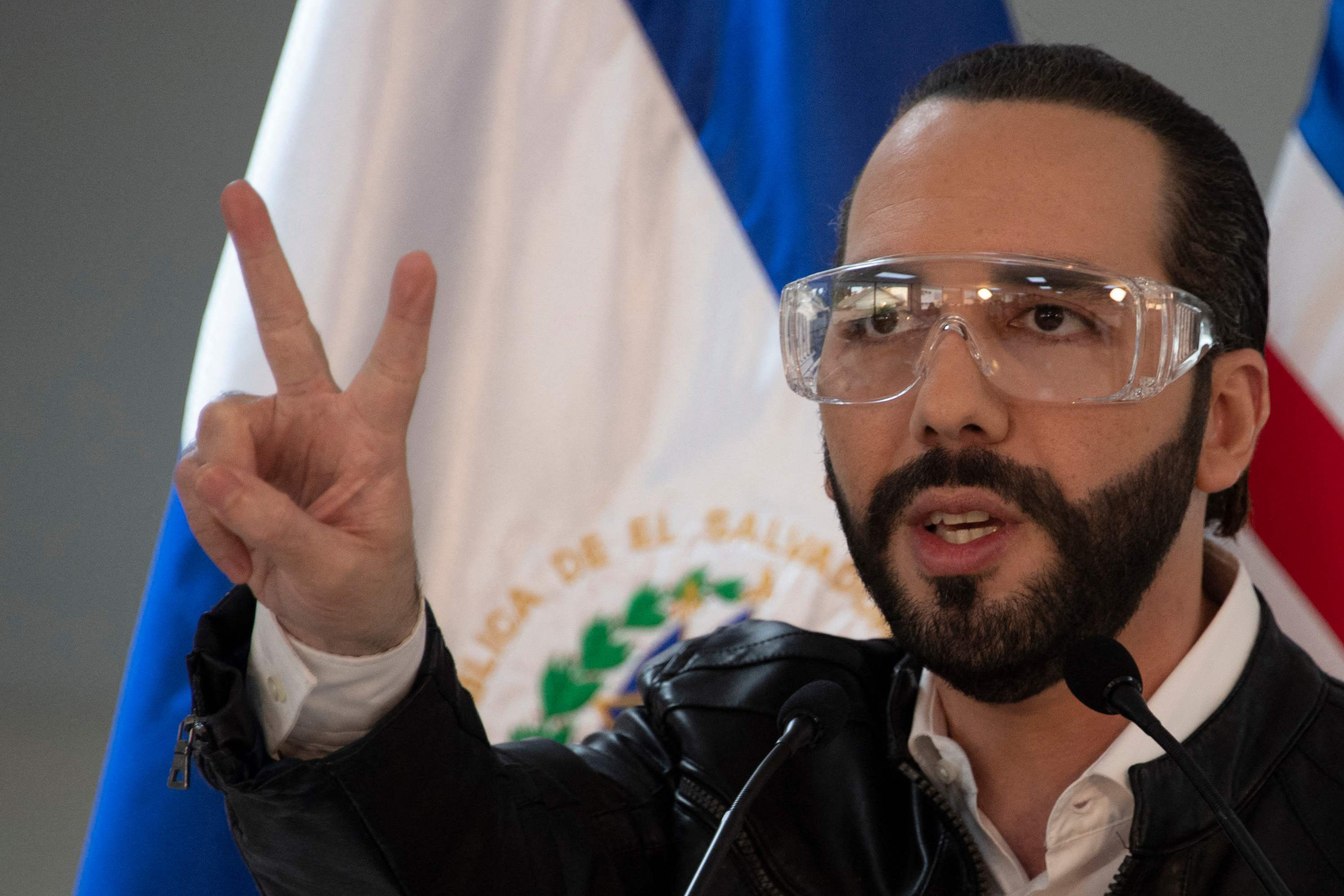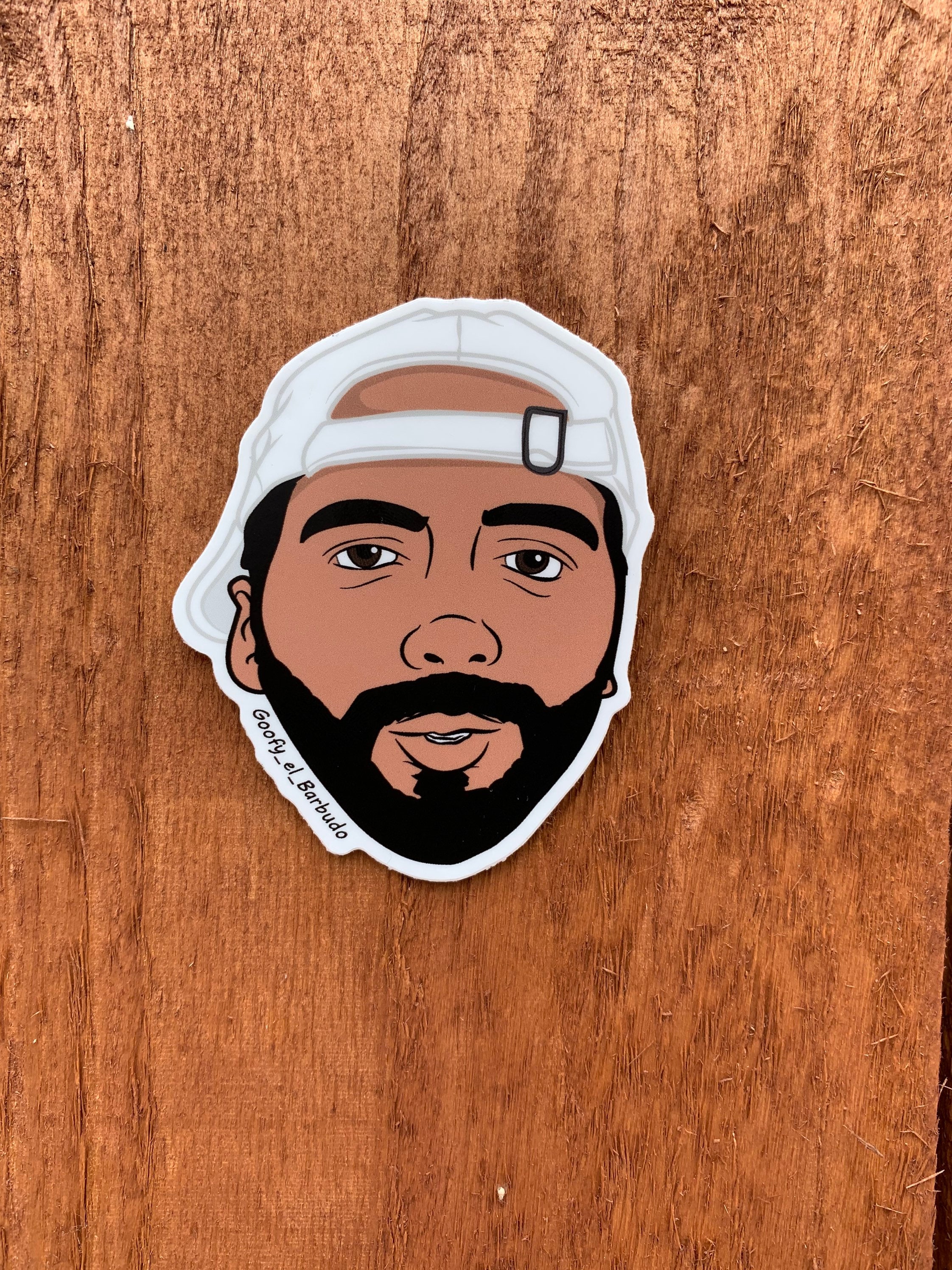Nayib Bukele, the President of El Salvador, has often been a subject of intrigue due to his unconventional approach to governance and leadership style. Among the many facets of his public persona, his religious affiliations and how they intertwine with his political decisions have sparked significant interest. While Bukele has not explicitly labeled himself as adhering to a specific religious ideology, his actions and public statements offer glimpses into his spiritual inclinations. Understanding the intersection of Nayib Bukele's religion and his role as a leader can provide a deeper perspective on his policies and decisions. His administration has often been marked by bold moves, and some observers believe that his faith plays a subtle yet significant role in shaping his worldview.
Born into a family with Catholic roots, Nayib Bukele's religion has been a topic of discussion among scholars, journalists, and the public alike. While El Salvador is predominantly Catholic, Bukele's leadership reflects a blend of modernity and tradition, often leaving people curious about how his personal beliefs influence his governance. His speeches and public appearances occasionally allude to spiritual themes, yet he maintains a pragmatic and results-driven approach to leadership, making his religious identity even more enigmatic.
Religion in politics is a delicate subject, and Bukele's case is no exception. His ability to navigate between secular governance and personal faith has sparked debates about the role of spirituality in leadership. As we delve deeper into this topic, we will explore how Nayib Bukele's religion shapes his leadership style, impacts his policies, and resonates with the Salvadoran people. This article aims to provide a comprehensive understanding of this intriguing aspect of his presidency.
Read also:Who Is Olivia Bethel A Comprehensive Guide To Her Life Achievements And Influence
Table of Contents
- Biography of Nayib Bukele
- Personal Details and Bio Data
- How Does Religion Influence Nayib Bukele's Leadership?
- Nayib Bukele's Religion and Public Perception
- What Role Does Faith Play in His Policy Decisions?
- The Cultural Impact of Nayib Bukele's Religious Views
- Is Religion a Driving Force Behind His Popularity?
- Balancing Secularism and Spirituality: A Modern Leader's Dilemma
- Frequently Asked Questions
Biography of Nayib Bukele
Nayib Armando Bukele Ortez was born on July 24, 1981, in San Salvador, El Salvador. He is the third child of Armando Bukele Kattán and Olga Ortez Durán, both of whom were active in the business and political spheres. Bukele's early life was marked by exposure to politics, as his father served as the mayor of Nuevo Cuscatlán. This familial connection to public service laid the foundation for his future career in politics.
Bukele's educational background includes studies in business administration and law, which equipped him with the skills necessary to navigate complex governance issues. Before entering politics, he worked in marketing and communications, honing his ability to connect with people and craft compelling narratives. His entrepreneurial spirit and innovative mindset became defining traits of his leadership style.
In 2012, Bukele's political career took off when he became the mayor of Nuevo Cuscatlán, following in his father's footsteps. His success in this role led to his appointment as the mayor of San Salvador in 2015, where he gained widespread recognition for his efforts to modernize the city. Bukele's unconventional methods and charismatic personality propelled him to the presidency in 2019, making him one of the youngest leaders in El Salvador's history.
Personal Details and Bio Data
| Full Name | Nayib Armando Bukele Ortez |
|---|---|
| Date of Birth | July 24, 1981 |
| Place of Birth | San Salvador, El Salvador |
| Parents | Armando Bukele Kattán, Olga Ortez Durán |
| Education | Business Administration and Law |
| Political Affiliation | Nuevas Ideas (New Ideas) |
| Spouse | Gabriela de Bukele |
| Children | 2 |
How Does Religion Influence Nayib Bukele's Leadership?
Religion has long been a cornerstone of societal values, and its influence on leadership cannot be overstated. In the case of Nayib Bukele, understanding how religion shapes his leadership style provides valuable insights into his approach to governance. While Bukele has not explicitly aligned himself with a particular denomination, his actions and public statements often reflect a deep respect for spiritual values.
One of the most visible ways religion influences Bukele's leadership is through his emphasis on morality and ethics. He frequently advocates for policies that prioritize the well-being of the Salvadoran people, often framing them in terms of justice and fairness—principles deeply rooted in many religious teachings. For instance, his anti-corruption campaigns and efforts to improve public safety resonate with the moral imperatives found in both Catholicism and evangelical Christianity, which are prevalent in El Salvador.
Moreover, Bukele's leadership style is marked by a sense of purpose and determination, qualities often associated with faith-based conviction. His bold decision to adopt Bitcoin as legal tender, for example, was not just an economic move but also a statement of belief in innovation and progress—values that align with the idea of stewardship emphasized in religious texts. While critics may question the practicality of such decisions, supporters see them as reflections of a leader guided by a higher sense of mission.
Read also:What Is Sone 385 A Comprehensive Guide To Its Features And Benefits
Religious symbolism also plays a subtle yet significant role in Bukele's public image. During key events and ceremonies, he often incorporates elements that resonate with the spiritual sensibilities of his audience. Whether it's attending religious gatherings or referencing spiritual themes in speeches, Bukele demonstrates an understanding of how faith can unite people and inspire collective action. This ability to connect with the Salvadoran populace on a spiritual level enhances his appeal as a leader.
However, the intersection of religion and politics is not without challenges. Critics argue that Bukele's use of religious rhetoric may blur the lines between secular governance and personal faith. While he maintains that his decisions are driven by pragmatism, some observers remain skeptical about the extent to which Nayib Bukele's religion influences his policies. Balancing these two aspects of leadership is a delicate task, but one that Bukele navigates with a mix of charisma and strategic acumen.
Nayib Bukele's Religion and Public Perception
The public perception of Nayib Bukele's religion is a fascinating blend of admiration, curiosity, and occasional skepticism. In a country where Catholicism and evangelical Christianity dominate the cultural landscape, Bukele's spiritual inclinations are closely scrutinized. Many Salvadorans view his leadership through the lens of faith, seeking to understand how his personal beliefs align with his political actions.
For some, Bukele's occasional references to spiritual themes in his speeches resonate deeply. These moments are often interpreted as signs of authenticity and humility, qualities that many associate with religious devotion. For instance, when he speaks about the importance of family values or the need for social justice, his words strike a chord with those who see faith as a guiding force in their lives. This alignment between his rhetoric and the spiritual values of the populace has contributed to his widespread popularity.
However, not everyone views Nayib Bukele's religion in a positive light. Critics argue that his use of religious symbolism may be more strategic than sincere, designed to appeal to the majority of Salvadorans who identify as religious. They point to instances where his policies seem to contradict traditional religious teachings, such as his controversial crackdown on gang violence, which some view as overly harsh. These contradictions fuel debates about whether his faith genuinely informs his decisions or if it is merely a tool for political gain.
Despite these differing perspectives, one thing is clear: Bukele's ability to navigate the complex interplay between religion and politics has made him a polarizing yet influential figure. His supporters appreciate his willingness to address spiritual and moral issues, while his detractors remain cautious about the implications of mixing faith with governance. Ultimately, the public's perception of Nayib Bukele's religion reflects broader societal tensions between tradition and modernity, faith and secularism.
What Role Does Faith Play in His Policy Decisions?
Faith often serves as a moral compass for leaders, guiding their decisions and shaping their priorities. In the case of Nayib Bukele, faith appears to play a nuanced role in his policy decisions, though the extent of its influence remains a topic of debate. While he has not explicitly stated that his policies are driven by religious doctrine, certain decisions align closely with values commonly associated with faith, such as compassion, justice, and community welfare.
One of the most notable examples of faith influencing Bukele's policies is his focus on combating corruption and crime. These issues are deeply rooted in moral and ethical concerns, which are central to many religious teachings. By prioritizing anti-corruption measures and implementing strict law enforcement strategies, Bukele demonstrates a commitment to creating a more just and equitable society—a goal that resonates with the spiritual values of many Salvadorans. His emphasis on restoring order and safety in El Salvador can be seen as an extension of the biblical principle of protecting the vulnerable and upholding righteousness.
Bukele's economic policies also reflect a blend of pragmatism and faith-inspired ideals. For instance, his decision to adopt Bitcoin as legal tender was framed as a way to empower the Salvadoran people, particularly those who lack access to traditional banking systems. This move aligns with the religious concept of stewardship, which encourages individuals to use their resources wisely and for the greater good. By embracing innovation and challenging the status quo, Bukele positions himself as a leader who is willing to take bold steps to improve the lives of his citizens—a stance that many interpret as being rooted in faith-based conviction.
However, not all of Bukele's policies align neatly with traditional religious teachings. His hardline approach to gang violence, for example, has drawn criticism from some quarters, particularly those who advocate for restorative justice and rehabilitation. While his methods have been effective in reducing crime rates, they have also raised ethical questions about the balance between justice and mercy—principles that are central to many faith traditions. This tension highlights the complexities of integrating faith into governance, where practical considerations often clash with spiritual ideals.
Ultimately, the role of faith in Nayib Bukele's policy decisions is multifaceted and context-dependent. While it provides a moral framework for addressing societal challenges, it also raises questions about the boundaries between personal belief and public responsibility. As Bukele continues to navigate these complexities, his leadership serves as a case study in how faith can both inspire and complicate the art of governance.
The Cultural Impact of Nayib Bukele's Religious Views
Nayib Bukele's religious views have had a profound cultural impact on El Salvador, shaping not only the political landscape but also the social fabric of the nation. In a country where religion plays a central role in daily life, Bukele's approach to integrating faith with governance has sparked both admiration and debate. His leadership style reflects a unique blend of modernity and tradition, resonating with a population that values both innovation and spiritual grounding.
One of the most significant cultural impacts of Nayib Bukele's religion is its role in fostering unity. By incorporating spiritual themes into his public addresses and policy initiatives, Bukele taps into the shared values of the Salvadoran people. This has helped bridge divides in a nation that has historically been polarized by political and economic disparities. For example, his emphasis on family values and social cohesion aligns with the teachings of Catholicism and evangelical Christianity, creating a sense of collective purpose among citizens who may otherwise feel disconnected from the political process.
At the same time, Bukele's religious views have also influenced cultural norms and expectations. His leadership has encouraged a renewed focus on morality and ethics, prompting discussions about the role of faith in shaping societal behavior. This has led to a


